Blaming radical Islam for the current variety of global terrorism is a recipe for lazy analysis.
Events such as the Boston Bombings tend to generate an onslaught of writings and statements citing the dangers of radical Islam to the United States. While there is merit to the idea of Islamic extremism being a driving force behind violent acts by individuals and militant groups, it is also important to note that the catalysts for these actions are rarely devoid of other, often more important, factors. These can largely be attributed to a political ideology, spurred on by particular interpretations of social injustice, economic welfare, conflict, and major events around the world.
Acts of terrorism can rarely be credited to just religion – in this case, a radical interpretation of Islam. Simplistic statements such as "they hate us for our freedoms," pervade a conventional wisdom that pays little attention to the underlying factors that have made militant-extremist groups and their propaganda machines, an attractive brand to individuals. While Islamic extremism has been used by many groups to justify the use of violence in order to attain larger political or social objectives, it is a mistake to assume Islam is the sole motivation behind heinous acts of violence. When done, it is used as shorthand analytic to prescribe a simple reason why actions occur that are seemingly irrational to the average citizen. Commentators do a disservice to their audience by obscuring the variety of explanations and complex motives which "terrorists" and their supporters have. In other words, they resort to lazy analysis.
The Tool for a Political Purpose
Firstly, the concept of terrorism is grossly misunderstood. At a basic level, it is a tool or tactic used by a variety of actors, be they individuals or groups. Why? The short answer is capability. Terrorism is used by actors who lack the ability to achieve their political objectives through the traditional methods of conventional warfare or diplomacy. Thus, they are acting out from a position of weakness. They resort to the use of pinpointed acts of theatrical violence on civilians to stoke the maximum amount of psychological fear amongst a people and its political leadership. The act in itself is simultaneously a tool for propaganda, drawing attention to the group and its message, also known as "propaganda of the deed." Ultimately, by using this coercive and provocative technique, the threat of further violence is meant to force the opponent to acquiesce to their political demands.
Many modern day militant Islamist groups such as al-Qaeda, the Taliban, Hezbollah, and Hamas, have all been similarly labelled terrorist organizations because they have used this tool in the past. However, "terrorists" is a simplistic lens to examine all of them through. The differences amongst them are vast, as they are all motivated by various political purposes and employ their tactics differently. The real commonality between them is in their historical use of violence to accomplish those political goals.
For instance, al-Qaeda – in its original incarnation – made their motivations known in writing, and continuously produces propaganda proclaiming why they do what they do. Ultimately, the leadership seeks to change the Muslim world by creating a global Caliphate, ruled under their strict interpretation of Islam. An interpretation that is so unique, it can easily be identified anywhere in the world. Achieving this grand strategic objective requires a following.
One of their strongest recruiting tools has been the creation of a perception that the West – the "far enemy," led by the United States – is out to oppress the global Muslim umma (community). The presence of American troops in Saudi Arabia in the 1990s (characterized as an occupation of the land that houses the Islamic holy sites in Mecca and Medina), invasions of Iraq and Afghanistan, and unflinching support for the "occupation" of Palestine by Israel, are all cited as examples. Augmenting these views are the hundreds of pictures and videos of dead Muslim women and children depicted as victims of the US and its allies. These images are often found in abundance on extremist websites designed to recruit like-minded individuals, and have contributed to the occurrence of home-grown extremism in Western societies.
In addition, "apostate" governments in the Middle East and South Asia – the "near enemy" – and those who are generally friendly with the West, are considered complicit, and therefore, illegitimate. This includes Muslims, who actually bear the brunt of al-Qaeda’s violence. The erstwhile autocratic regime of Hosni Mubarak in Egypt and the controversial rule of the House of Saud in Saudi Arabia have been vigorously backed by the West to maintain economic and political stability in the region. But al-Qaeda viewed both of the regimes as illegitimate.
Today, al-Qaeda and its ideology have expanded beyond Afghanistan and Pakistan. It is now a vast network made up of affiliates largely focused on confronting the "near enemy" and the pursuit of local interests. In Syria, Jabhat al-Nusra fights to remove the Bashar al-Assad regime. In Yemen, al-Qaeda in the Arabian Peninsula (AQAP) opposes the House of Saud and targets the Yemeni government. In Africa, al-Qaeda in the Islamic Maghreb (AQIM) has challenged governments in Algeria, Mali, Libya, Tunisia, and elsewhere, while also dabbling in criminal activity for financial gains. During the Iraq War, al-Qaeda in Iraq (AQI) not only targeted American soldiers, but also hit at the Shi’a-led government and even Sunni Muslims.
Hezbollah, the Shi’a Islamist militant organization based in Lebanon, has in basic terms been defined as a terrorist organization baying for Jewish blood. However, a closer examination of their statements and actions reveals a political and military organization historically focused on "resistance" against the perceived regional hegemons – the US and Israel – and mistreatment of Shi’a Muslims and Palestinians. They have been able to maintain a support base due to their successes through force of arms – an end to Israel’s occupation of southern Lebanon and the 2006 War were both seen as victories by the Arab community – and by providing social services for the downtrodden. Both are areas in which Arab governments are considered to have failed.
Hamas, the Palestinian Islamist militant organization, finds their political motivations in their desire to end the "occupation" of Palestine and "atrocities" being committed against the Palestinian people by Israel, according to their leader Khaled Mesha'al. Similar to Hezbollah, they have also maintained a base of support by providing Gaza with social services and armed resistance against the Israelis.
The Afghan Taliban, Pakistani Taliban, and Lashkar-e-Taiba (LeT) – known for the 2008 Mumbai attacks – are a few of the militant Islamist groups found in South Asia. Each group maintains its support base by targeting the perceived illegitimacy of the Afghan, Pakistani, and Indian governments respectively. In the case of the LeT, they effectively recruit individuals by claiming a desire to "liberate" the Muslims in the Indian Occupied Kashmir. Therefore, they have attacked both military and civilian targets in Kashmir and elsewhere in India. The Taliban even went so far as to govern Afghan territory in the 1990s. Today, it is not a monolithic organization, but instead made up of a variety of factions motivated by different purposes. Whether it is the drug trade, revenge or simply employment, they are not motivated only, or even primarily, by jihad.
In reality, every one of these groups is an insurgency — with al-Qaeda being the only one focused globally — dedicated to a particular opponent and seem to have legitmate grievances in the eyes of many. Most have engaged in actual combat with the states they oppose using terrorism as one of their many tactics. Their goals have more to do with defeating an enemy than just believing in a radical interpretation of Islam. Several of them are even political movements who participate in the electoral process such as Hezbollah and Hamas. By looking at them purely through the lens of Islamic terrorist organizations, the reasons they succeed in maintaining support and legitimacy are skewed. They merely use terrorism and religion as one of many ways to accomplish a greater end.
None of this is ground-breaking information, but it seems to be only taken into account by those who specialize in the study of political violence – insurgency, terrorism, etc. – and regional studies. Thus, this seemingly logical progression of thought is lost on many commentators who lay the blame squarely at the feet of radical Islam, or simply the religion as a whole.
Therefore, it is worth mentioning that terrorism is not utilized just by Islamist groups, but also by those who are motivated by various religious and nationalist sentiments. One of the most vicious militant organizations to employ terrorist tactics was the Tamil Tigers (LTTE) separatist group in Sri Lanka. Their attacks included assassinations of a number of Sri Lankan and Indian politicians, in addition to hundreds of suicide bombings. Israel and the Palestinian territories have witnessed the rise of Jewish extremists who have violently targeted Palestinians and Israelis, leading some in the Israeli military and government to label them terrorists. Domestically, the US has experienced a myriad of home-grown terrorist threats as well. Timothy McVeigh, anti-abortion groups, Weather Underground, and the Ku Klux Klan utilized terrorism for their right- and left-wing agendas. These are but a few who have used terrorism in the pursuit of their political and ideological goals.
The Analytic Value
By no means should analysts and decision-makers ignore religion. Religious extremism is a large part of the fabric of particular terrorist organizations, and used by the leadership as a way to unify and legitimize individuals behind a common cause and action. In many cases, this attracts disenfranchised or psychologically disturbed groups and individuals, who feel they can leave a lasting mark on the world by using violence.
The Islamic concept of jihad is synonymous with this effort by extremists to help legitimize their use of violence. The leadership of groups such as al-Qaeda have actually exploited the concept of jihad to pursue their own strategic interests. At its root, jihad is theoretically a just struggle for a noble cause; still, that does not automatically translate to violence. An average militant’s motivation has little to do with religious texts; rather it is from their perception of injustices being committed against the Muslim umma. This includes conspiratorial notions of the United States and its allies targeting Muslims overseas; there is some indication that this is what drove the Tsarnaev brothers to target the Boston Marathon earlier this year.
Perhaps even more revealing is how often Muslims who have committed terrorist acts are illiterate. Consequently, they have never read the Qur'an, and are indoctrinated by extremists who seek to use them as foot soldiers for their own political and ideological purposes. The Mumbai attackers and the young suicide bombers of Afghanistan and Pakistan are both cases in point.
The Societal Effect
The inability to analyse all motives – lazy analysis – behind terrorist attacks comes at the expense of a robust societal understanding of why individuals are radicalized and latch on to militant extremism. This lack of understanding can lead to the vilifying of a people, race, religion, and whole regions of the world.
The Boston Bombings have once again highlighted this danger. Perhaps not since the attacks on 9/11, has such a wave of anti-Muslim rhetoric taken place in the United States. Lazy analysis, led by fear and anger, helps nourish an inattention to all details. At best, this leads to the creation of numerous uninformed people with little effect on policy. At worst, it leads to a fearful and uninformed public that can be damaging when political leaders take public opinion into consideration while formulating policy and strategy. Democratic societies, such as the United States, are especially susceptible to this phenomenon.
*[Note: The views expressed in this article do not represent the official policy or position of the National Defense University, the Department of Defense, or the US government.]
The views expressed in this article are the author's own and do not necessarily reflect Fair Observer’s editorial policy.
Image: Copyright © Shutterstock. All Rights Reserved
Support Fair Observer
We rely on your support for our independence, diversity and quality.
For more than 10 years, Fair Observer has been free, fair and independent. No billionaire owns us, no advertisers control us. We are a reader-supported nonprofit. Unlike many other publications, we keep our content free for readers regardless of where they live or whether they can afford to pay. We have no paywalls and no ads.
In the post-truth era of fake news, echo chambers and filter bubbles, we publish a plurality of perspectives from around the world. Anyone can publish with us, but everyone goes through a rigorous editorial process. So, you get fact-checked, well-reasoned content instead of noise.
We publish 2,500+ voices from 90+ countries. We also conduct education and training programs
on subjects ranging from digital media and journalism to writing and critical thinking. This
doesn’t come cheap. Servers, editors, trainers and web developers cost
money.
Please consider supporting us on a regular basis as a recurring donor or a
sustaining member.
Will you support FO’s journalism?
We rely on your support for our independence, diversity and quality.


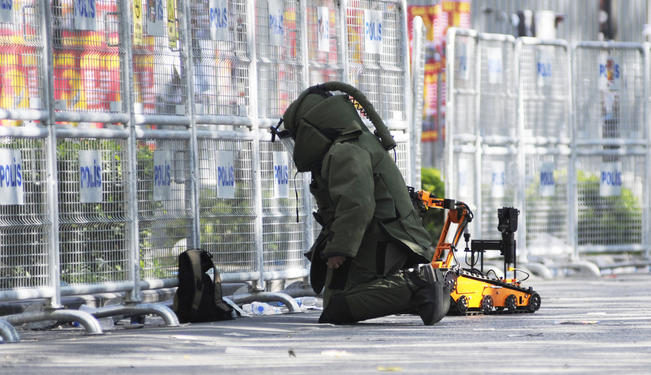
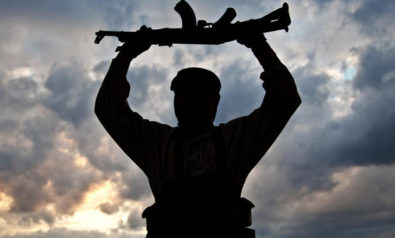
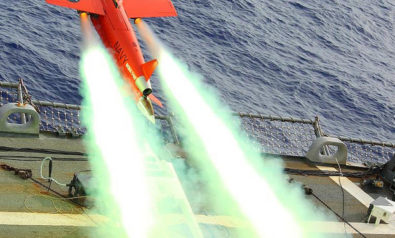


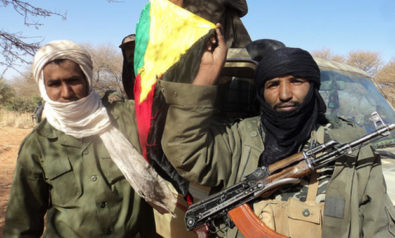
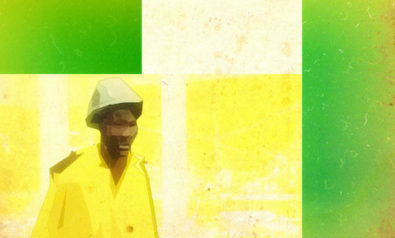
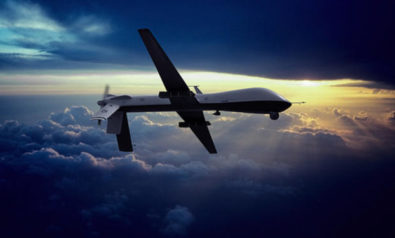
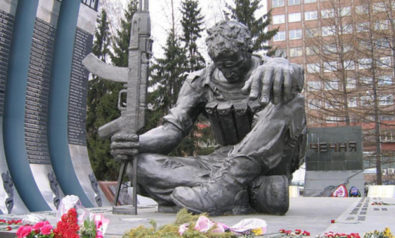

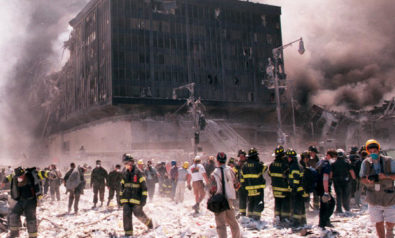
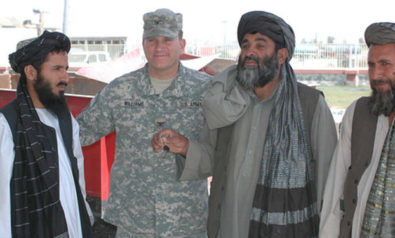
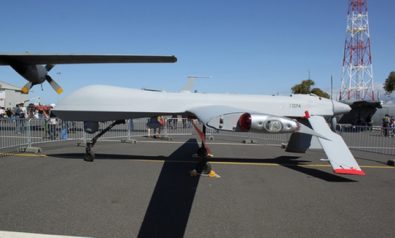

Comment